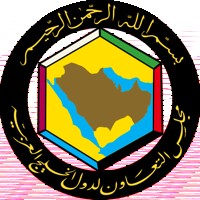Qatar announced earlier this month that it plans to contribute $1.5 billion to the new Gulf Development Fund established by the Gulf Cooperation Council (GCC) in December to aid nonmembers Jordan and Morocco. In an email interview, Steffen Hertog, a lecturer in comparative politics at the London School of Economics, discussed the GCC’s development activities.
WPR: What is driving the GCC's interest in enhancing ties with Jordan and Morocco, and what role will the Gulf Development Fund play in these efforts?
Steffen Hertog: The primary motivation seems to be the defense of conservative Arab monarchies in the face of regional unrest. The announcement of the Development Fund last December came seven months after Jordan and Morocco had been -- surprisingly -- invited to join the GCC. The latter initiative seems to have come undone: It was announced unilaterally, apparently on Saudi urging; it resulted in puzzlement especially in Morocco; and there has not been much follow-up on a working level. The fund appears to be a more modest attempt to recreate momentum and, realistically speaking, supplant the more ambitious initial integration plan. The GCC, Jordan and Morocco have also deepened their commercial and especially investment links during the oil boom decade of the 2000s, involving public and private players on both sides. But economic returns were quite likely a secondary consideration in setting up the fund.

